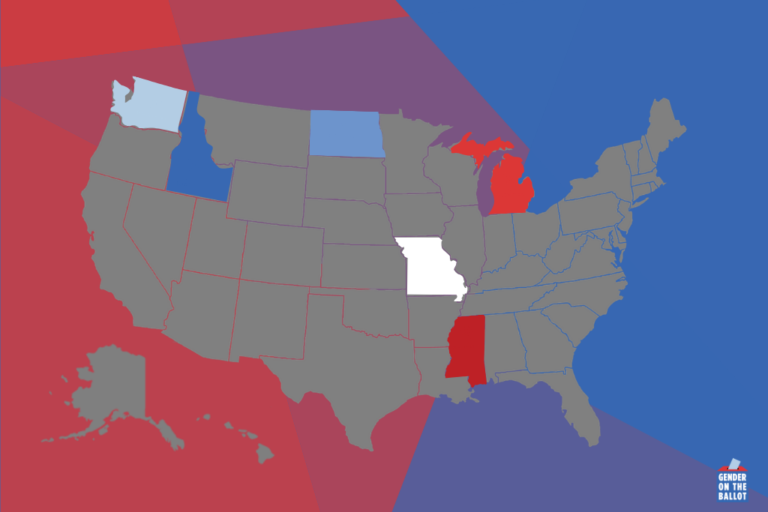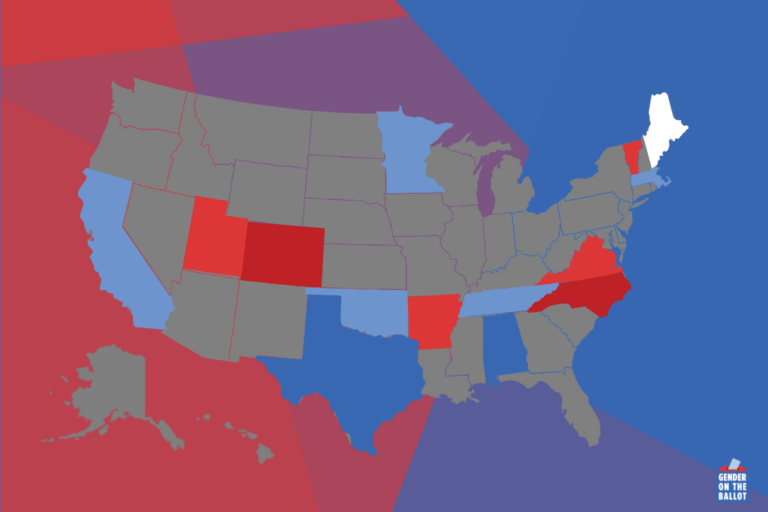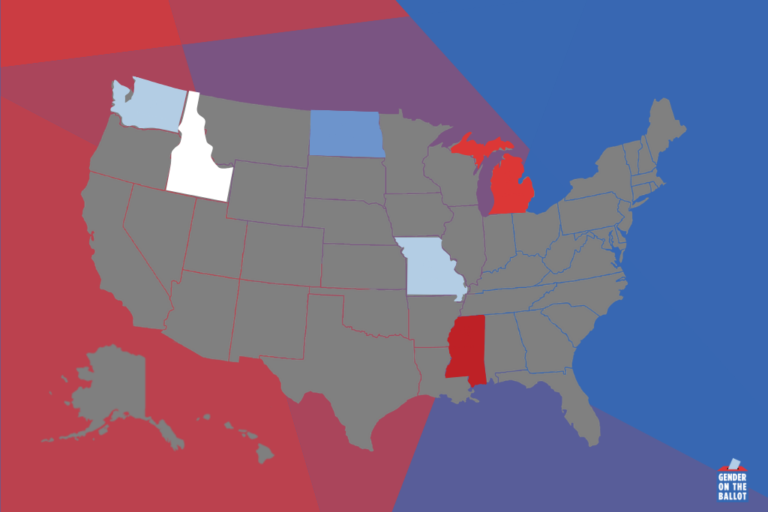Joe Biden scored a big win over Bernie Sanders in the Missouri Democratic primary…
Celebrating Gender Equity in Health

Amidst our current challenges, we do have cause to celebrate. Thirty years ago we changed the face of medicine with the creation of the Office of Research on Women’s Health at the National Institutes of Health. What a privilege to have been a foremother in the creation of that Office.
Flashback to its birth. In 1985 a report by Public Health Service (PHS) noted that women were excluded in health clinical trials and protocols. This was to lead to a policy of inclusion, but our Government Accountability Office (GAO) gave the implementation failing grades. This was a catalyst for change.
The call to action was headed by a bipartisan, bicameral Congressional quartet: Senators Barbara Mikuski (D-MD), and Olympia Snowe (R-ME), Congresswomen Pat Schroeder (D-CO), and Connie Morella (R-MD). (Disclosure: NIH was part of my Congressional District).
We requested a meeting with the NIH Institute Directors to discuss and remedy the failure. An NIH icon, the late, great Dr. Ruth Kirschstein, the first woman Institute Director, helped lead the way.
Women were being treated like “little men,” with no recognition of differences and consequences. Even the research animals—like rats—were only males. It doesn’t take a medical degree to know men and women are different, but it takes sex specific research to understand differences and how males and females differ when it comes to health.
Every cell has a sex—but not a party affiliation. Who would have known that heart disease is the biggest killer of women; that lung disease is the prime cancer killer; the prevalence in women of autoimmune diseases, depression, Alzheimer’s, and HIV/AIDS?
The Office was established in 1990, put into law in the NIH Revitalization Act in 1993, and it has made an enormous difference in women’s health: research, practices, protocols, and opportunities.
Another foremother was the late Dr. Bernadine Healy, the first woman Director of NIH. She moved the Women’s Health Initiative which led to changes in hormonal programs.
As we celebrate the 30th anniversary of the NIH ORWH, “the gift that keeps on giving,” we acknowledge that with all its accomplishments we haven’t finished. We will monitor the progress in policies, research, programs, and career development. No longer are we considered “little men”; rather, we are proud, healthy women. Onward and upward!







